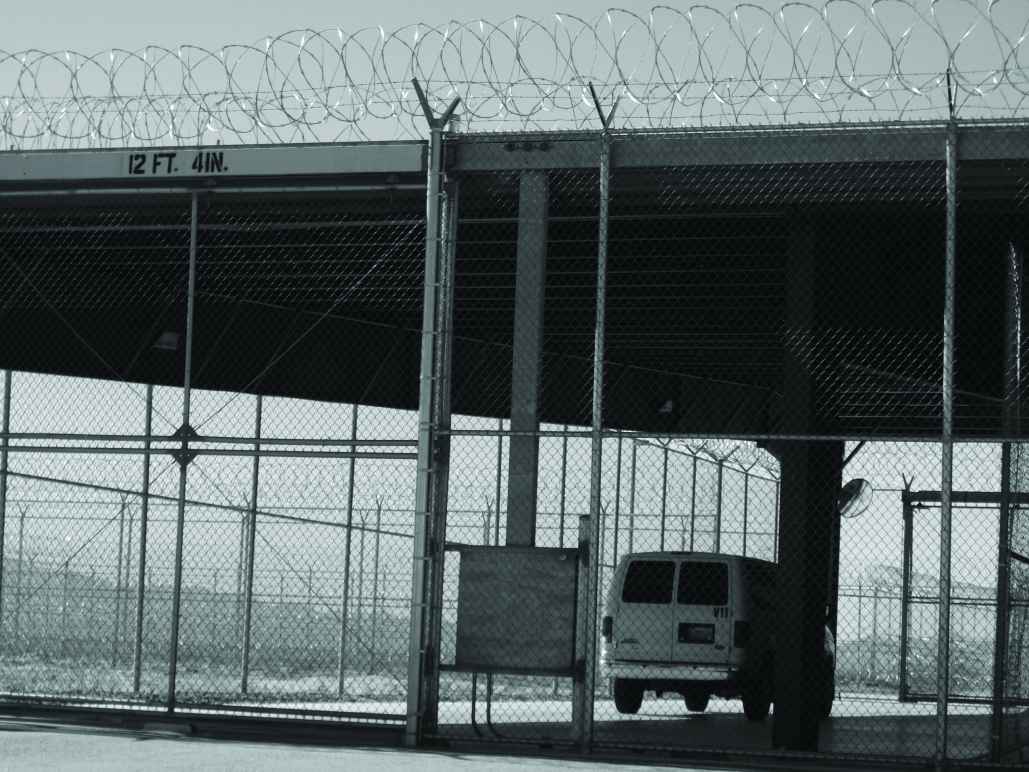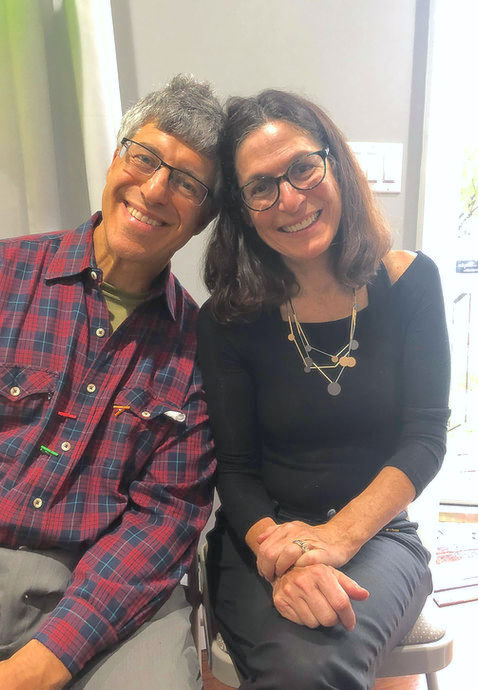CHAPARRAL, NM -- U.S. Immigration and Customs Enforcement found multiple violations of management, safety, food and religious service standards at a controversial private detention facility, according to a newly-released letter.
Despite the violations, ICE is negotiating with the facility’s operator, Utah-based Management & Training Corporation (MTC), for what some advocates fear could be a lucrative long-term contract. During the pandemic, MTC secured a temporary agreement that guaranteed it at least $1.9 million a month.
The June 23 Letter of Concern, obtained by the ACLU of New Mexico through a public records request, lists 16 findings covering seven overall violations of contractual requirements and Performance-Based National Detention Standards at the Otero County Processing Center (OCPC), near Chaparral.
The violations include an inadequate staffing plan, inadequate food service staffing, abuse of the “Voluntary Work Program,” lack of a safety plan, suspension of religious services and more.
ICE spokeswoman Leticia Zamarripa said in an emailed statement that the agency works with leadership in detention facilities to make sure they follow detention standards, saying that ICE "remains committed to improving civil detention operations to promote a safe and secure environment for detainees and staff."
Margaret Brown Vega, with the immigrant rights group Advocate Visitors with Immigrants in Detention (AVID), said the findings in the letter match many of the complaints AVID has received from individuals detained at OCPC.
Many of the overall violations have to do with lack of staff, she said, which is particularly noteworthy considering much of the daily work at the facility is done by detained individuals paid just $1 per day.
“They rely on the cheap labor of the individuals they’re detaining to run the facility and even then it’s inadequate,” Brown Vega said. The letter also identified shortages of key personnel and detention staff.
The letter found intake and medical staff were using Pocketalk, small hand-held translation and interpretation tools, despite having “repeatedly been told to stop using these devices.” Inaccurate interpretation for people seeking medical care can result in inaccurate diagnoses, improper treatment, confusion about medication and more. Medical access was the number one concern among detainees interviewed for a recent AVID study of OCPC.
“People say there’s no doctor, really, at the facility, it’s nurses,” Brown Vega said. “And to see they’re using these devices to not really provide information on what people need to know for their own health and well-being is an issue.”
Other findings in the letter include:
- Multiple reports from detainees that they were only given beans for some meals.
- Violations in following pandemic requirements for disinfecting housing units.
- Employees at OCPC made critical decisions without informing MTC or ICE leadership.
- Broken security cameras weren’t properly identified and fixed.
- Fire alarm issues, and violations with maintenance checks of fire extinguishers and general facility safety checks.
The letter, which requests within 15 days a formal plan for how violations will be addressed, says the findings listed “are not all inclusive but show that there are many areas of concern within the OCPC facility operations…” It is unclear if MTC or the county provided the required plans, and neither responded to a request for comment.
Since September 2020, MTC has operated OCPC under a temporary agreement that includes a 500-bed guaranteed minimum and an increase in the pay rate for each bed, ensuring MTC is paid at least $1.9 million a month. That agreement, originally set to expire at the end of August, was extended to the end of October.
“They rely on the cheap labor of the individuals they’re detaining to run the facility and even then it’s inadequate.”
“This memo is dated June 23rd,” Brown Vega said. “Despite this, ICE still extended (MTC’s) contract for a month beyond when it was set to expire and are still in negotiation for a renewal or a possible new contract.”
Brown Vega said she’s not optimistic this letter will lead to meaningful changes at OCPC. She hasn’t seen any improvements in the four years AVID has been monitoring the facility. During that time, her organization, government inspectors, and activists have reported inadequate food, misuse of solitary confinement, harassment of LGBTQ+ individuals, difficulty accessing attorneys, and more at the facility.
Recent financial filings from US Bank, which oversees the bonds that financed the construction of OCPC, indicate MTC is working toward a multi-year contract “at a rate that would cover 100% of the Debt Service pricing component,” the filing says. Otero budget documents show about $45.2 million are still due between now and 2028 on bonds that financed the construction of the facility.
Earlier this year, an Otero County attorney told legislators those bonds prevented the closure of OCPC. But Reilly White, a public finance expert who reviewed the bonds, disagreed, telling the ACLU of New Mexico that if the detention facility closed, the county wouldn’t be liable for that bond debt.
Contact Invesitgative Reporter Leonardo Castañeda at [email protected]
Update: This story was updated on Oct. 27 at 3:15 p.m. with a statement from U.S Immigration and Customs Enforcement.
Date
Tuesday, October 26, 2021 - 10:00amFeatured image

